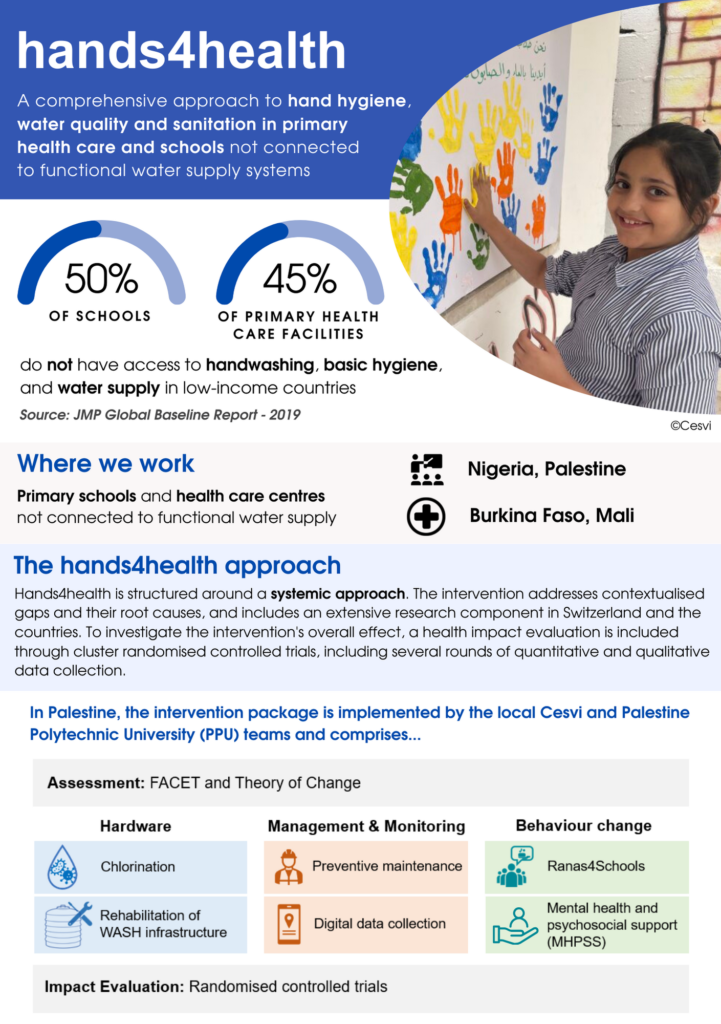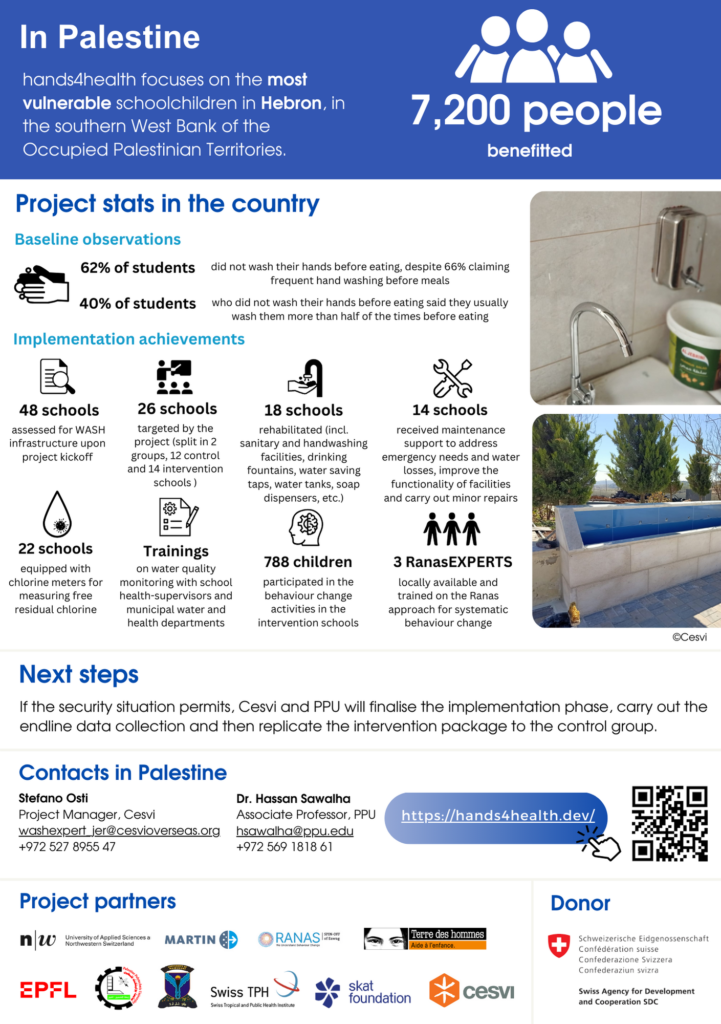Palestine

We are deeply saddened and concerned by the current terrifying escalation of violence. Our hearts go out to those who are mourning the loss of loved ones, the many recovering from injuries, and the hundreds of thousands living in profound fear, facing immense uncertainty and hardship. We call for an immediate ceasefire, safe humanitarian access and the exploration of peaceful resolutions to restore safety for all.
Context
The humanitarian context of the Occupied Palestinian Territory (OPT) is a protracted protection crisis.
With more than 50 years of Israeli occupation, insufficient respect for international humanitarian and human rights is a reality. Escalations of hostilities between Israeli security forces and Palestinian armed groups are recurrent.
As a result, significant humanitarian and protection challenges prevail, including inadequate access to essential services for the most vulnerable. Coverage of basic WASH services, for instance, is only 23% in schools, in both Gaza and the West Bank.
Project flyer
Download the project flyers here: English / Arabic.
Project profile
| Focus | Schools |
| Location(s) | – Pilot phase: 10 schools in the governorates of Hebron (7), Ramallah (2) and Nablus (1) – Implementation phase: 26 schools in Hebron |
| Roles of consortium partner(s) involved | – Cesvi (lead): coordination, implementation strategy, user-centered design and adoption at scale – PPU: impact evaluation, field methods and field technical evaluation support – Swiss TPH: impact evaluation – RANAS: behaviour change strategy – FHNW: support to stregthening of local management and monitoring capacities |
| Local and strategic stakeholders | – Schools – Ministry of Education and Higher Education (MOEHE) – Ministry of Health – Palestinian Water Authority (PWA) – UNICEF – AICS, VIS – World Vision – WASH Cluster |
| Project overview | In Palestine, the hands4health project is implemented in schools in Hebron, in the southern West Bank. To achieve the project’s primary goal – developing and implementing a holistic approach to hand hygiene, water quality and sanitation, we will start by assessing the WASH needs and users’ practices and preferences regarding hand hygiene in schools of the target area. Based on these data and on the results of a first pilot phase, during which different solutions will be tested, the systemic approach will be finalised, comprising both hardware (rehabilitation of WASH infrastructure) and software components (RANAS behaviour change methodology). It will then be implemented in 26 schools during the second phase of the project. The results of the intervention will be monitored throughout to evaluate the impact of the approach in terms of health and hygiene practices. |
| Main activities | – Gender-sensitive mapping of the WASH needs of different user groups in schools – Assessment of the local market in terms of availability of suitable materials and skills – Field evaluation of different design options – Development of a catalogue of design options suitable for different user groups and production methods – Collection of baseline data on factors influencing users’ behaviour, acceptance and preferences of technologies/concepts – Rehabilitation of WASH infrastructure in schools according to their specific needs, including maintenance, water consumption management, improvement of water safety, among others – Capacity development for residual chlorine in water storage – Implementation of the behaviour change techniques developed from the analysis of the baseline data and evaluation of their effect – Strengthening of local management and monitoring capacities, including preventive maintenance and digital data collection – Submission of the research protocol for the study on the health impact of the intervention to the Ministry of Education – Training of local collaborators on the data collection process and baseline and follow-up surveys (before and after implementation, respectively) in 26 schools – Development of the Ranas4Schools toolkit with data and evidence-based behavior change activities for handwashing with soap tailored to schools – Implementation of a mental health and psychosocial support component – Theory of change workshops with local stakeholders and dissemination of results supporting take-up by other organisations/actors |
| Expected results / products | – Improvement of the hygiene situation and WASH infrastructure in schools – Enhanced hand hygiene practices among school children – Local collaborators certified as RANAS experts – Evidence on the health impact of the implemented approach for users – Improved understanding of the WASH ecosystem in schools in Palestine |
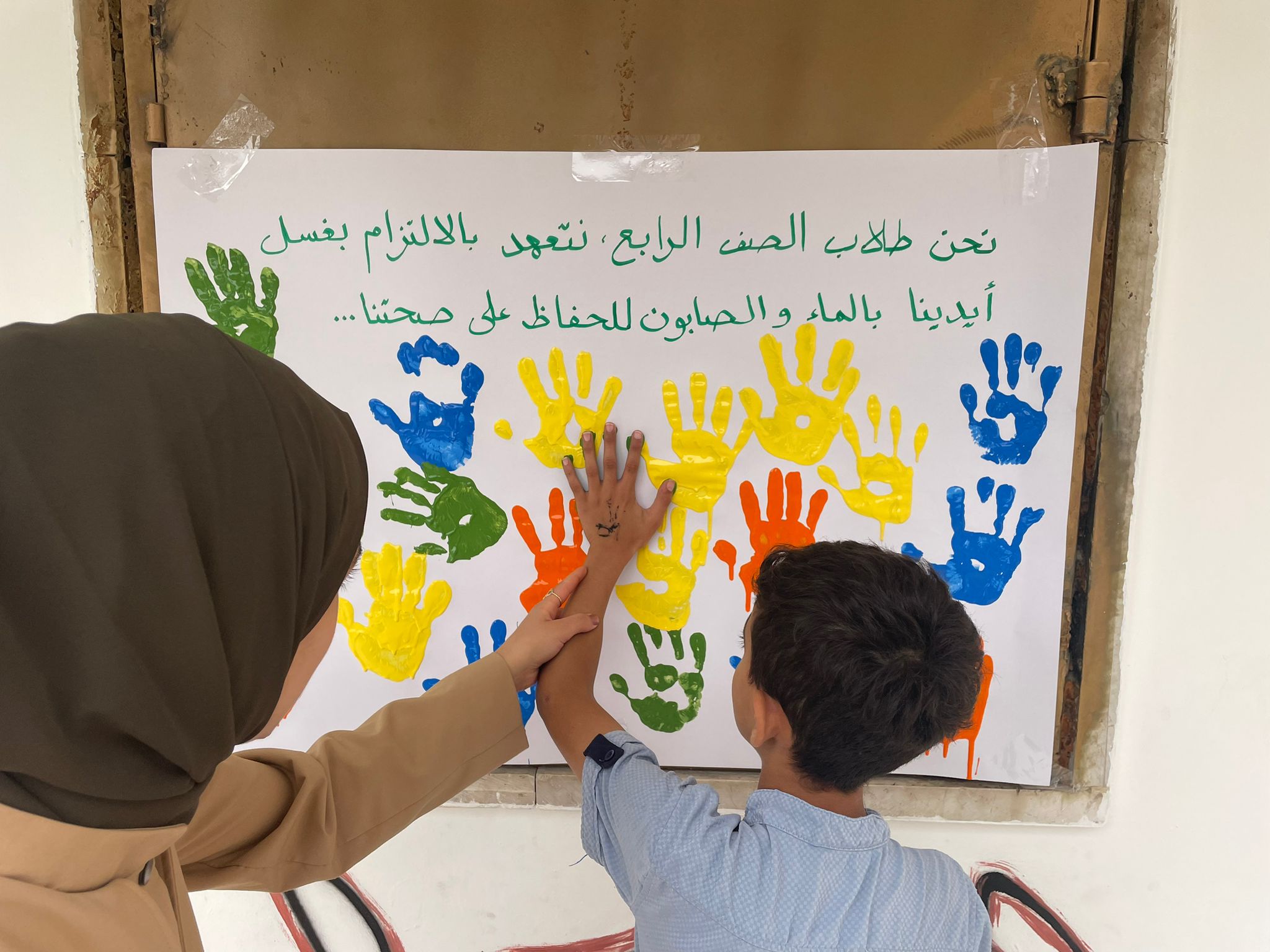
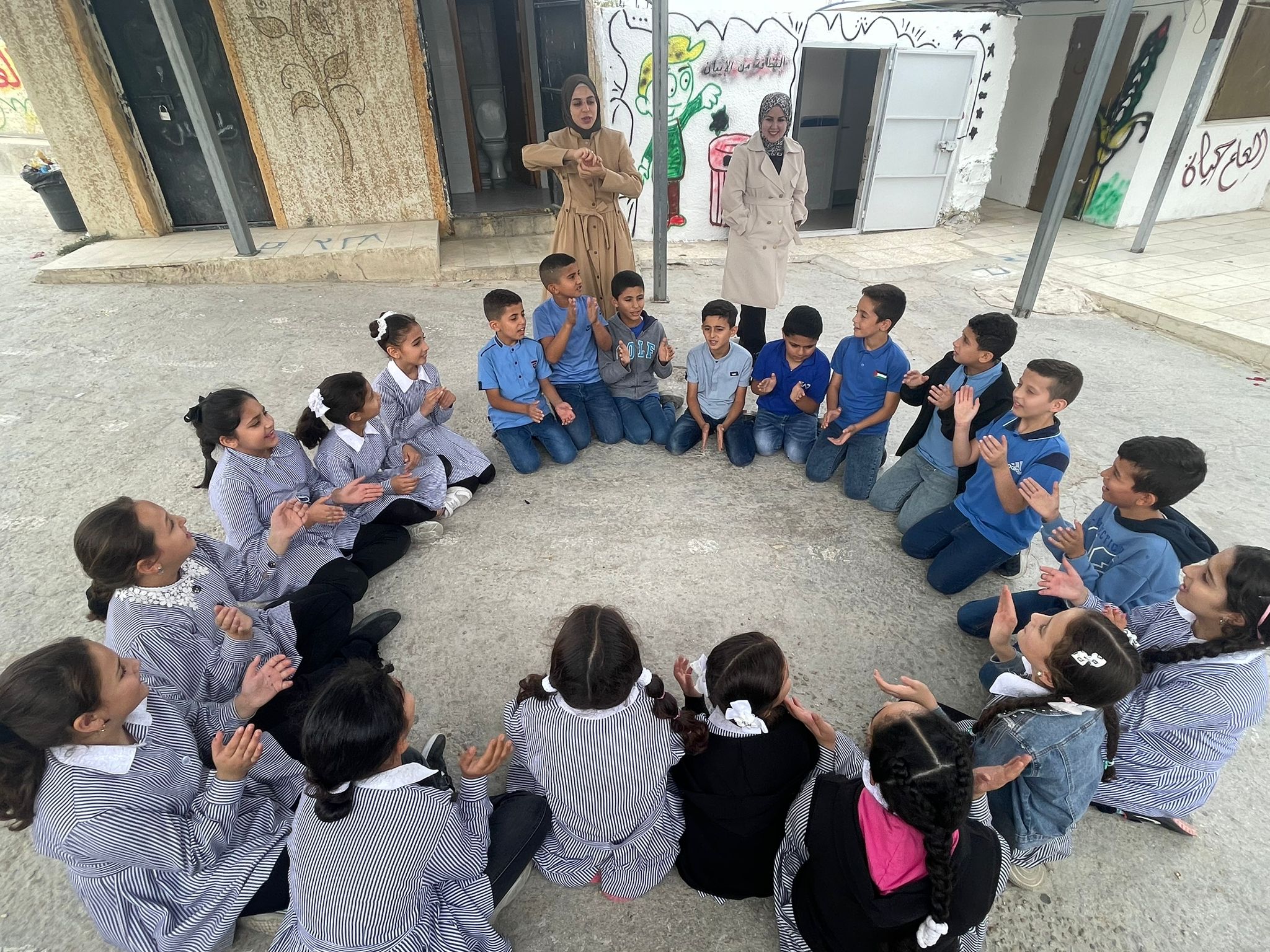
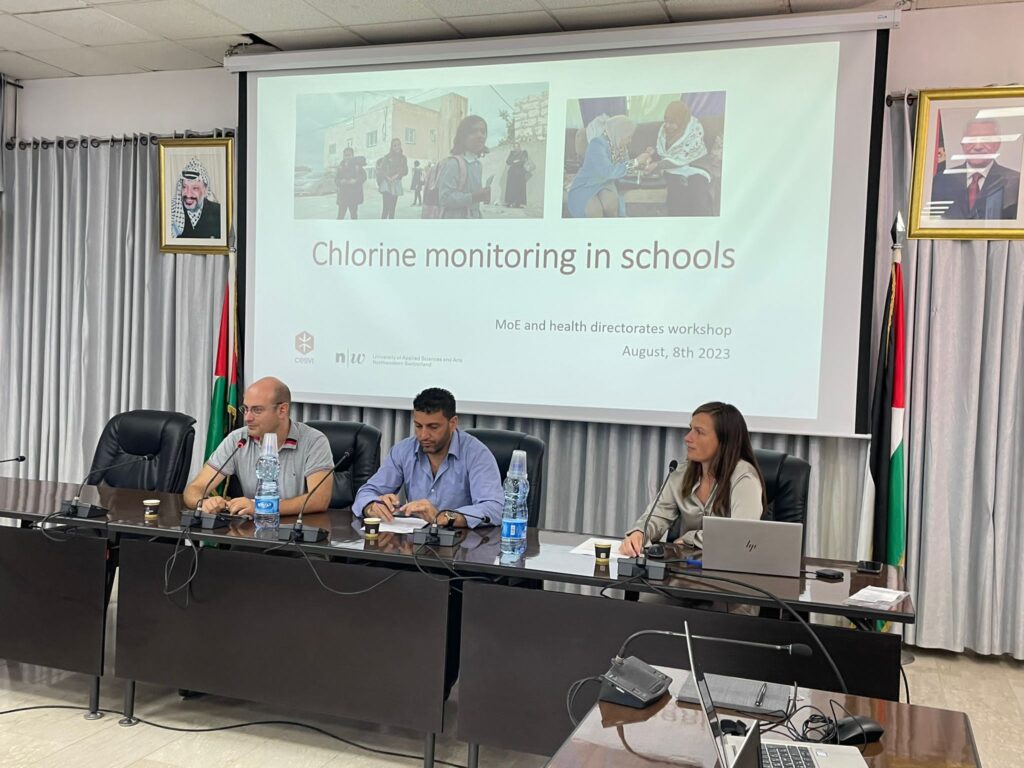
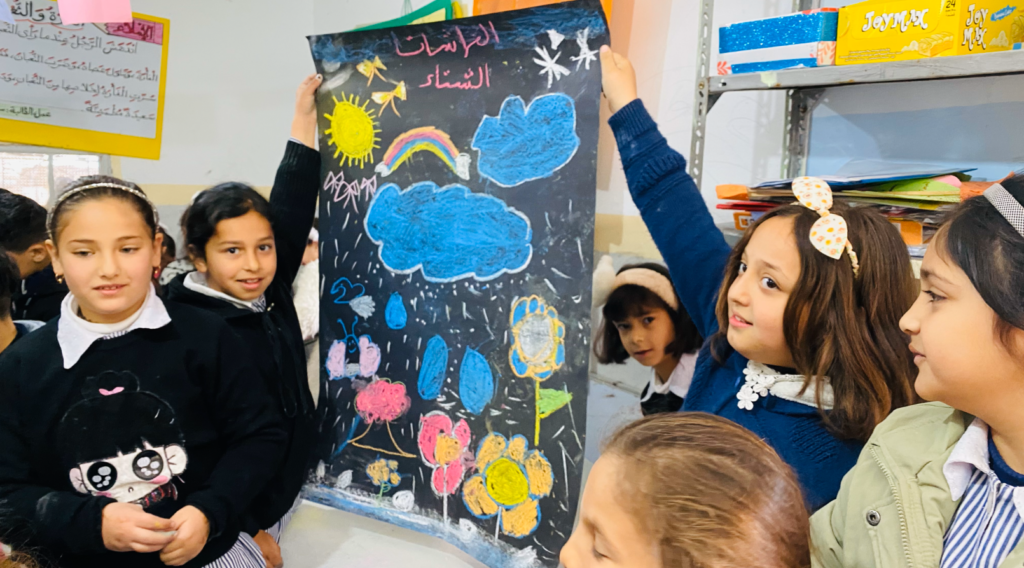
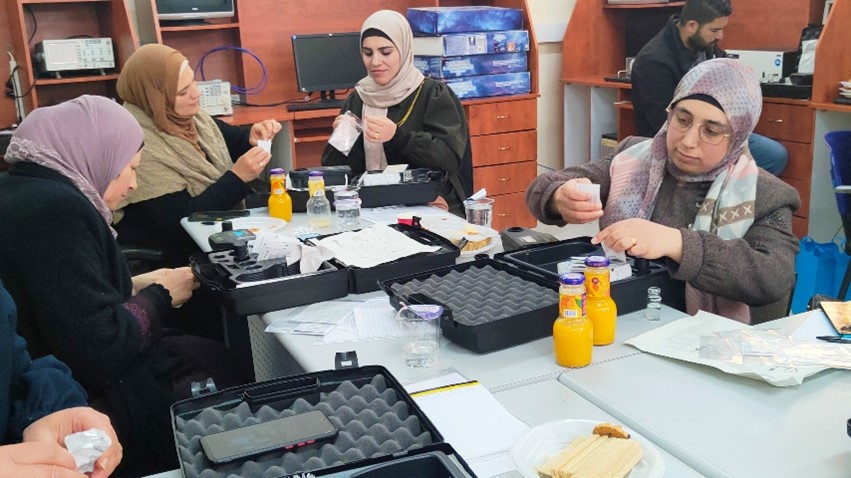
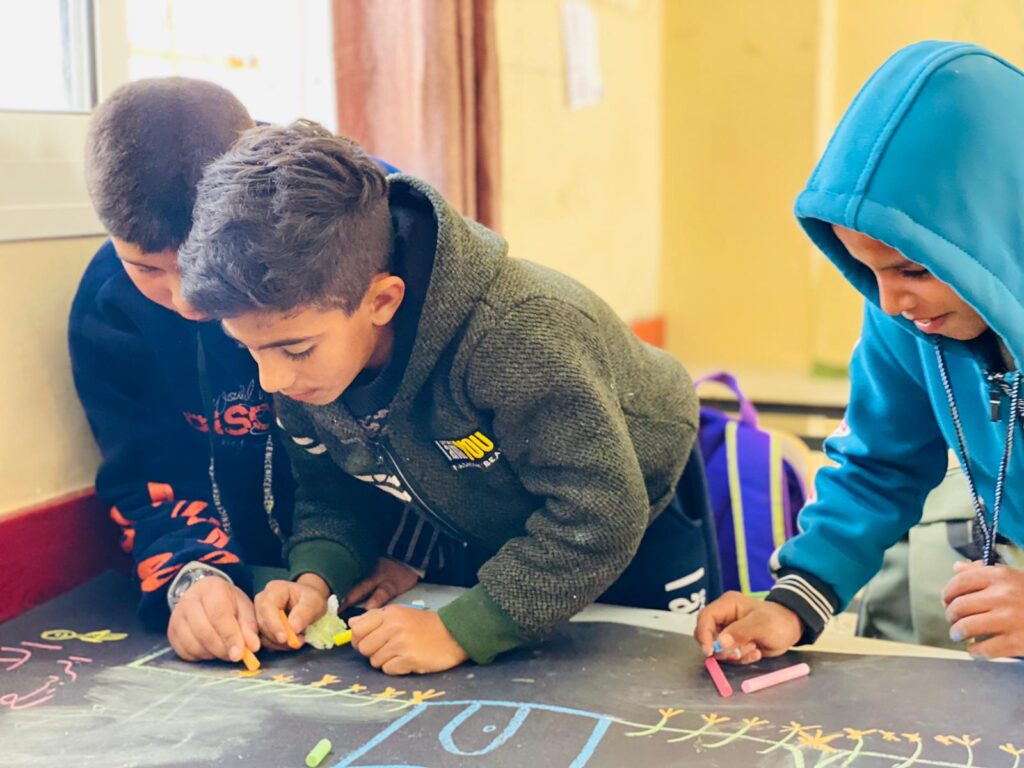
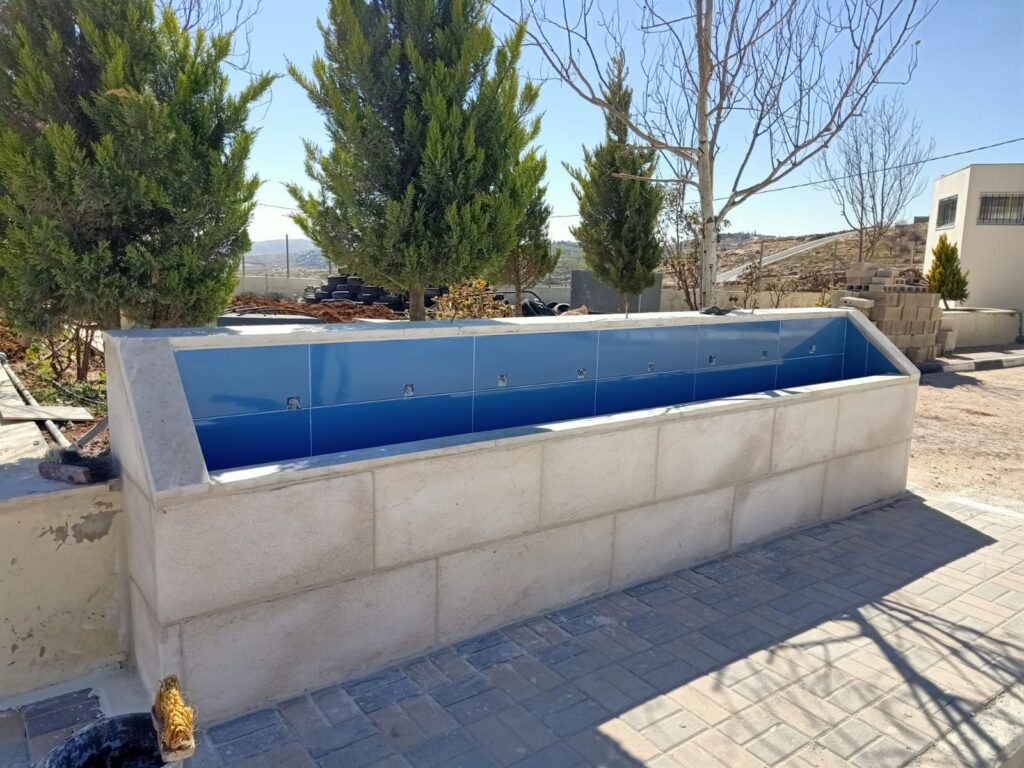
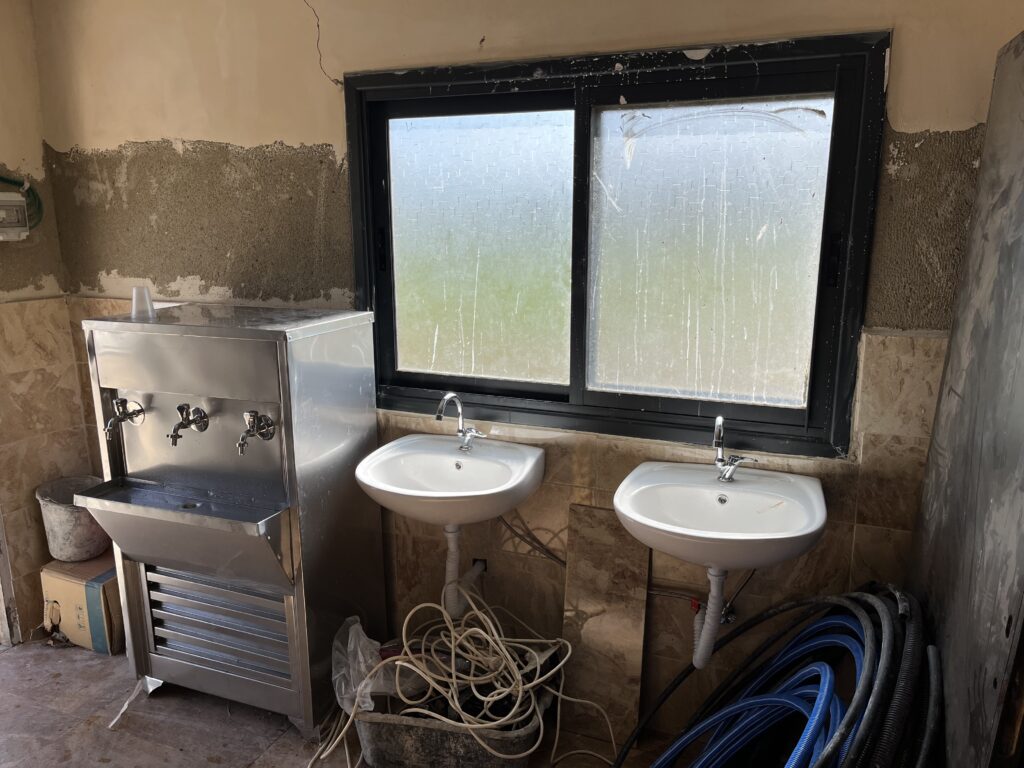
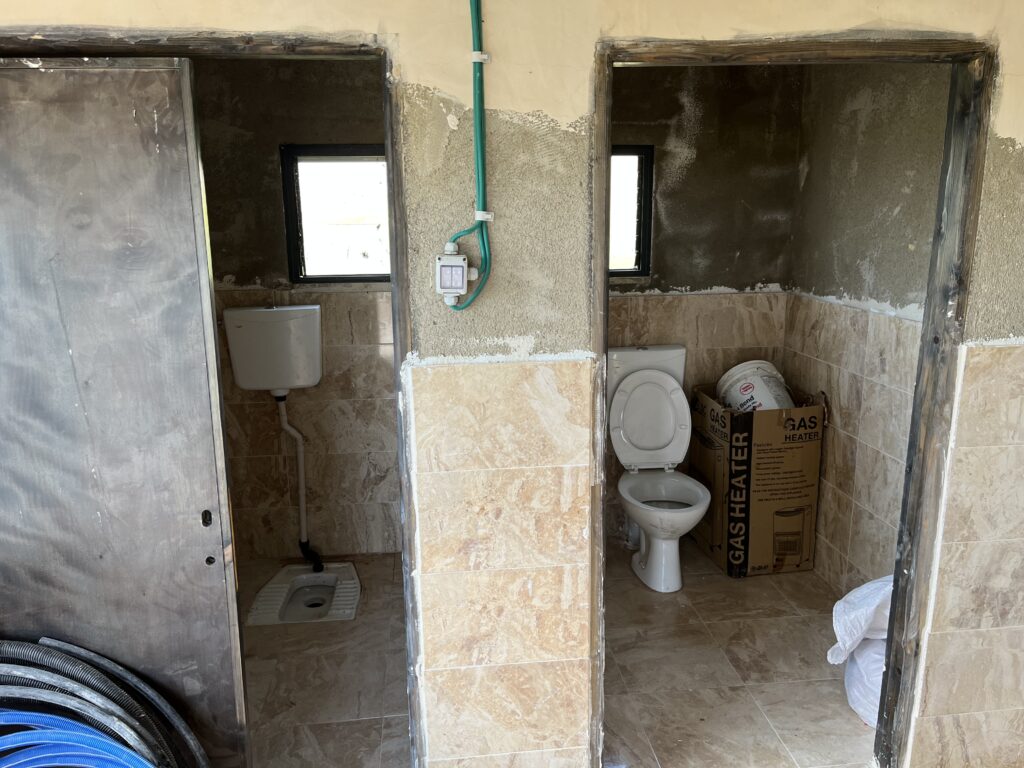
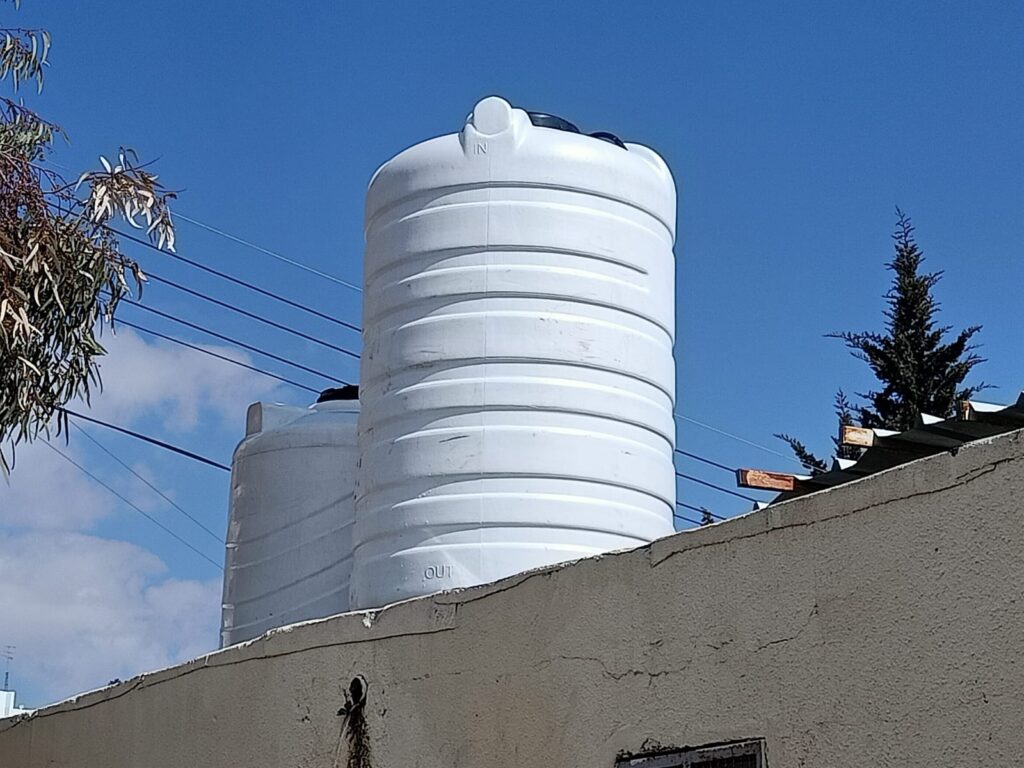
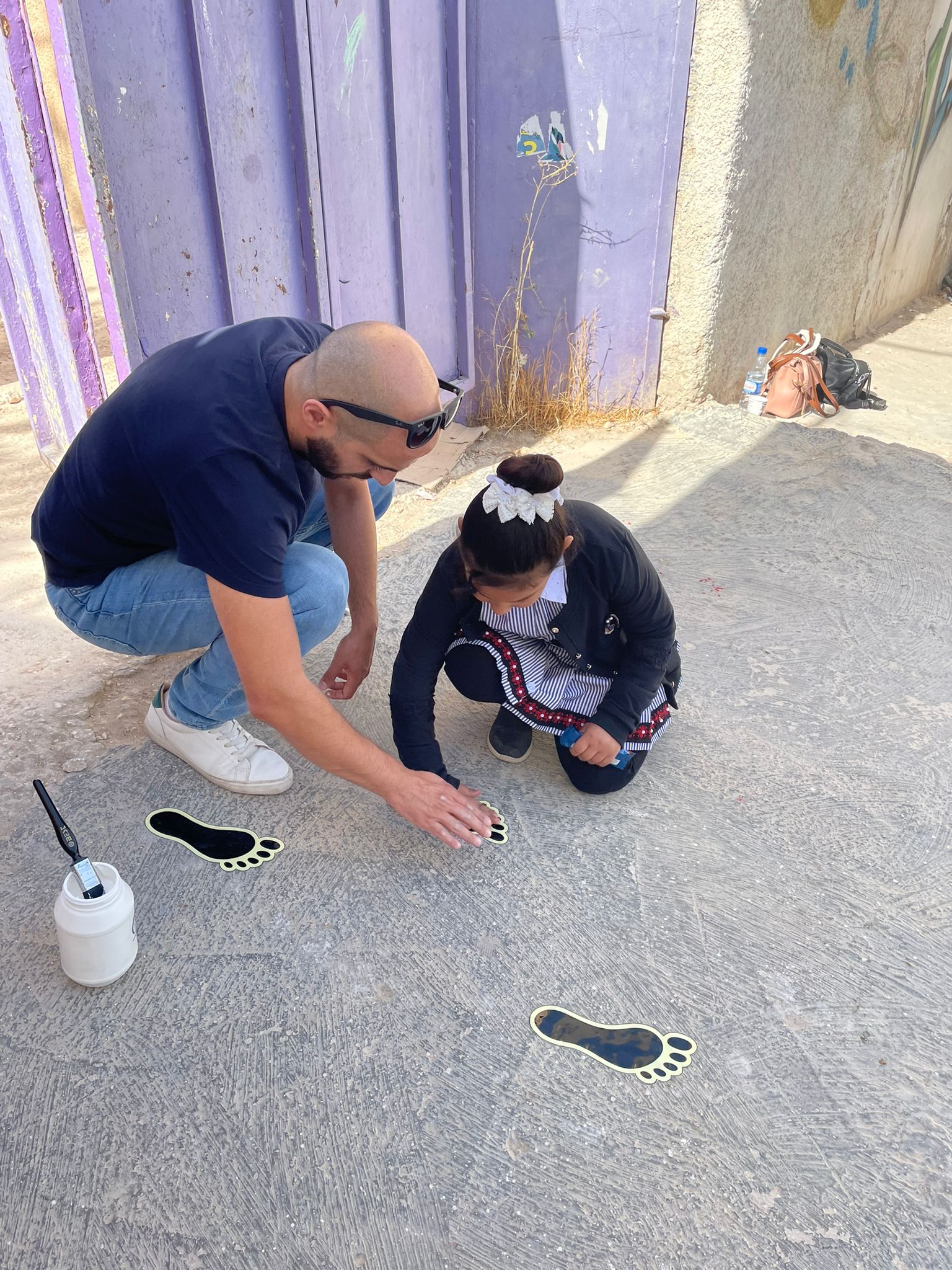
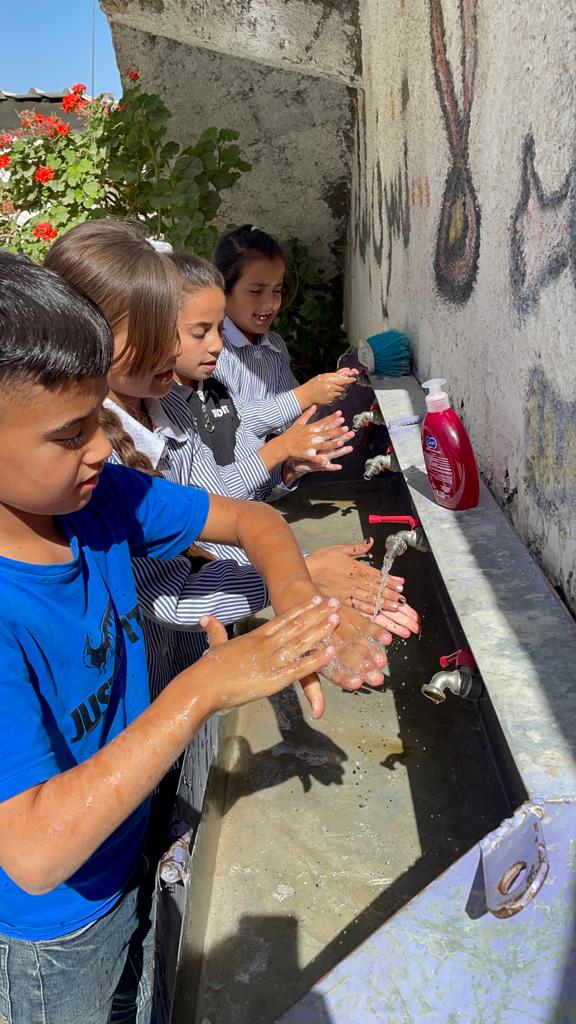
News on h4h activities in Palestine
- World Water Day 2024
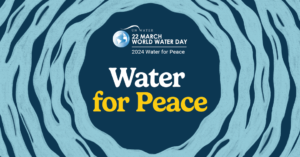 The hands4health intervention focuses on conflict-affected areas in Mali, Burkina Faso, Nigeria and Palestine/West Bank. The consortium is committed to improving the water, sanitation and hygiene systems in primary schools and health care… Read More »World Water Day 2024
The hands4health intervention focuses on conflict-affected areas in Mali, Burkina Faso, Nigeria and Palestine/West Bank. The consortium is committed to improving the water, sanitation and hygiene systems in primary schools and health care… Read More »World Water Day 2024 - Journée mondiale de l’eau 2024
 L’intervention de hands4health se concentre sur les zones touchées par les conflits au Mali, au Burkina Faso, au Nigeria et en Palestine/ Cisjordanie. Le consortium s’engage à améliorer les systèmes d’eau, d’assainissement et… Read More »Journée mondiale de l’eau 2024
L’intervention de hands4health se concentre sur les zones touchées par les conflits au Mali, au Burkina Faso, au Nigeria et en Palestine/ Cisjordanie. Le consortium s’engage à améliorer les systèmes d’eau, d’assainissement et… Read More »Journée mondiale de l’eau 2024
